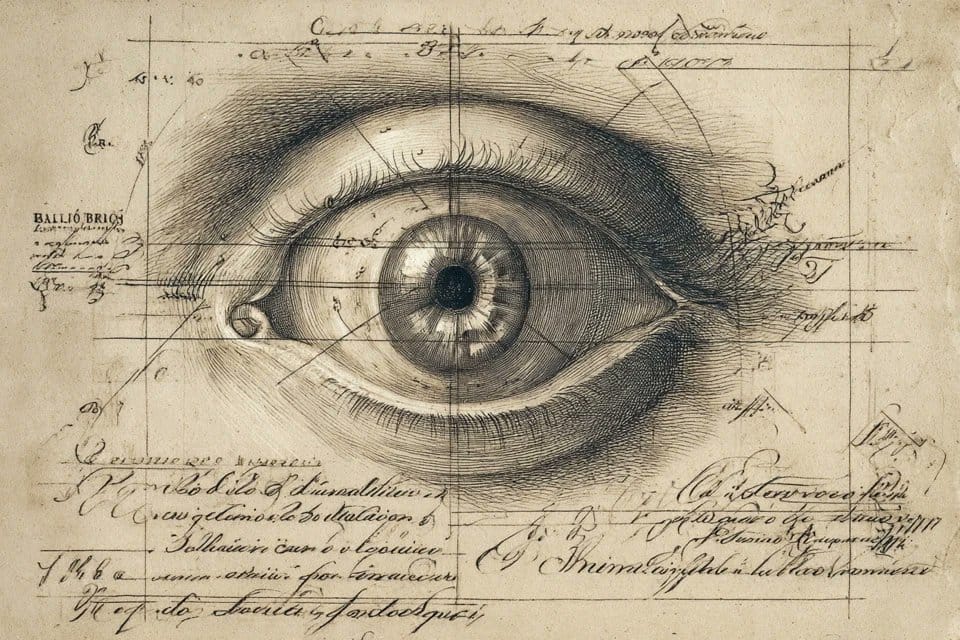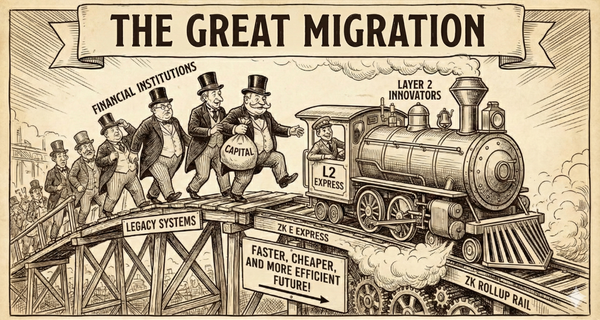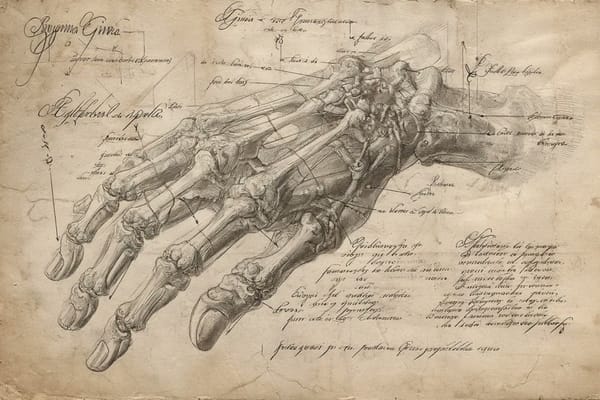You'll never see ads again

Most people don’t realize it, but today, over 50% of internet traffic comes from bots. Not humans. Bots.
And with the rise of AI agents, that number is only going to grow. We are now entering a world where machines talk to machines, while people sit on the side and wait for answers.
Forget the hype around chatbots like aixbt, Zerebro, ElizaOS and others. That phase is already behind us. Most people are tired of talking to AI that gives them lazy, repetitive, or meaningless replies. If you’ve interacted with any public AI Agents recently, you’ve probably noticed it: 30% of the responses feel like low-effort AI sludge. Another 30% are suspiciously off. The rest? Often just noise with polish.
And the base case is simple: this is going to get worse. Not better. AI-generated content will flood every platform. Search results will be rewritten. Articles will be created by machines for other machines. And we’ll just get used to it.
But there’s something bigger going on.
A future where AI agents replace human attention as the target of advertising. No more ads on your screen. Instead, companies bid in real-time to convince your personal AI, not you, to choose their product.
Let’s say you want a hotel. You ask your AI agent. Behind the scenes, hotel platforms bid to offer the best deal to your agent. Your agent compares prices, reviews, and location, and gives you the final result. You never see an ad. You don’t even know there was a bidding war. Your agent just tells you: “Here’s the best option.”
Sounds efficient. But it raises a deeper question: who is the real customer now? You… or your AI?
This shift means marketing strategies won’t target emotions, habits, or brand loyalty. They will target machine logic, pricing models, and data feeds. Welcome to the age of Generative Engine Optimization, not for Google, but for agents. Every company will now try to speak the language of AI, not humans.
If AI agents become the default way we access services and information, they will in fine, decide what we see, what we buy, and even what we believe.




